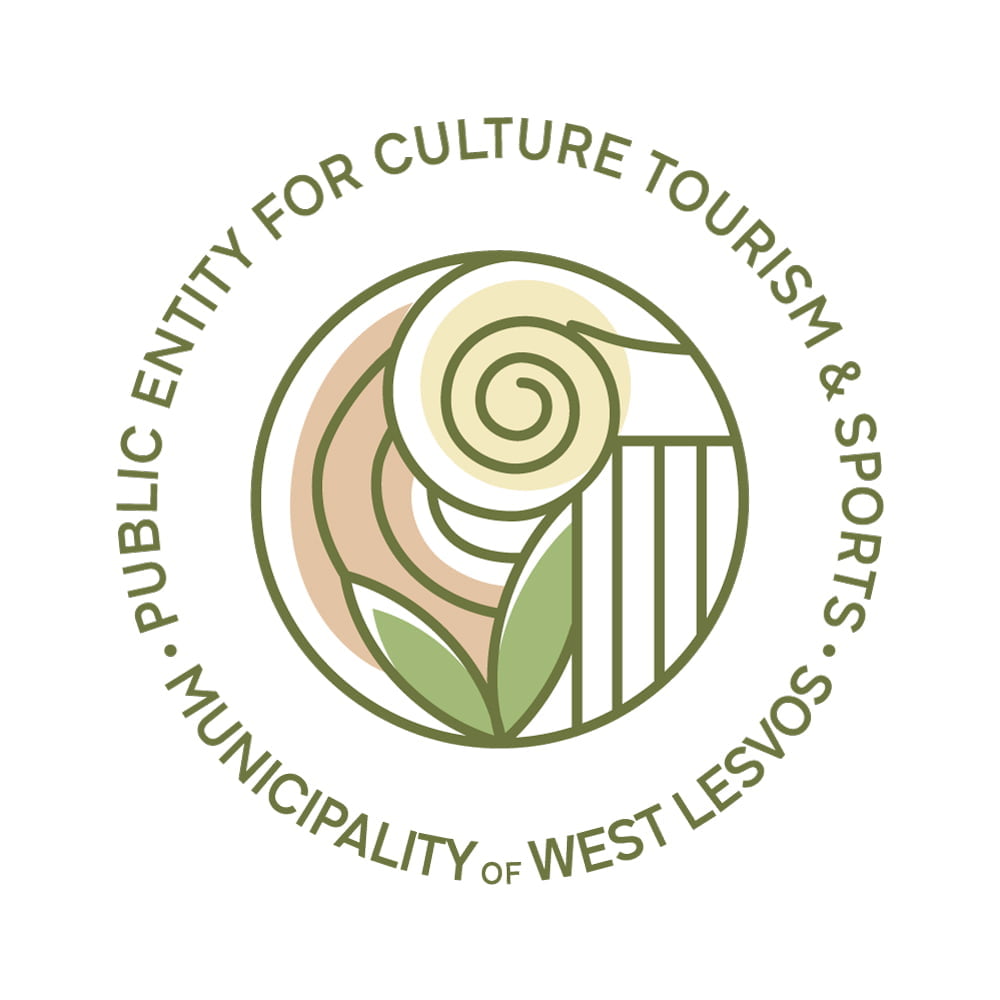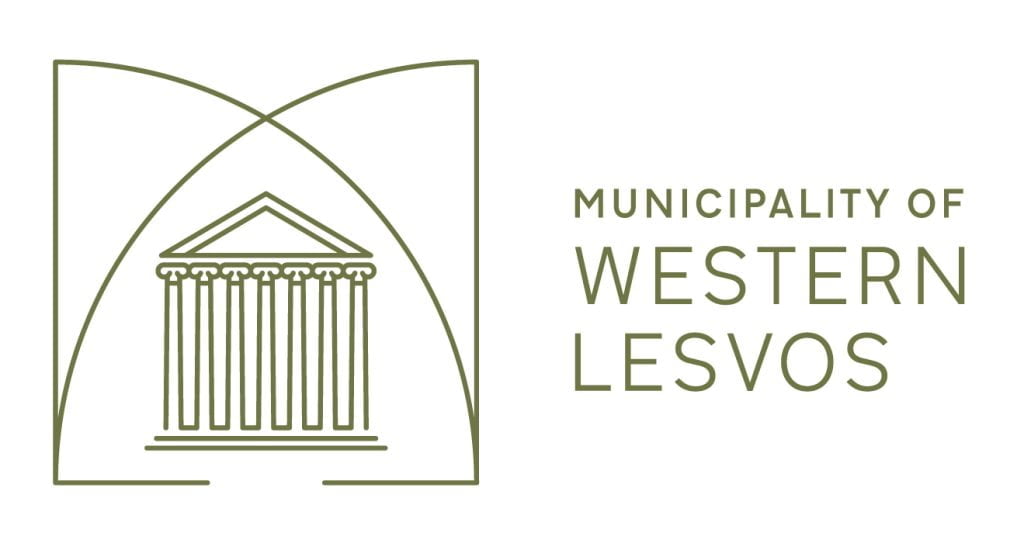Aristotle’s biological work Historia Animalium reveals how Aristotle embarked upon studying the animals of the lagoon through observation combined with dissection and description of many of the smaller ones. Lesvos was to Aristotle what the Galápagos were to Darwin. “As Darwin spoke to pigeon fanciers, Aristotle spoke to fishermen,” says Armond Marie Leroi, professor of Evolutionary Developmental Biology at Imperial College and author of “The Lagoon- How Aristotle invented Science”. “What he does next was revolutionary: having sorted the facts, he begins to pit theory against observation. The deepest problem was how life originates in the egg and the womb, how living things come to be”, says Leroi. He’s the first person we have on record opening an egg and describing the embryo of a chicken — the first person to describe the origin of a living thing, he says. And this observation proved one of the biggest challenges to Aristotle. He didn’t believe a material description of such an event was sufficient to explain it. “Something else is needed, something it gets from its parents that shaped it — he called this thing ‘eidos’.” This element is ‘form’, says Richard King, of the University of Glasgow, Leroi’s colleague and co-scriptwriter. “Eidos is something like information.” Aristotle argued that all animals had a soul — when an organism dies the soul dies with it. The soul is not material but it controls matter — it is what twenty-first century biologists call a system. “What he(Aristotle) calls eidos, we call genes,” says Leroi. Every species, Aristotle believes, has its own eidos.







